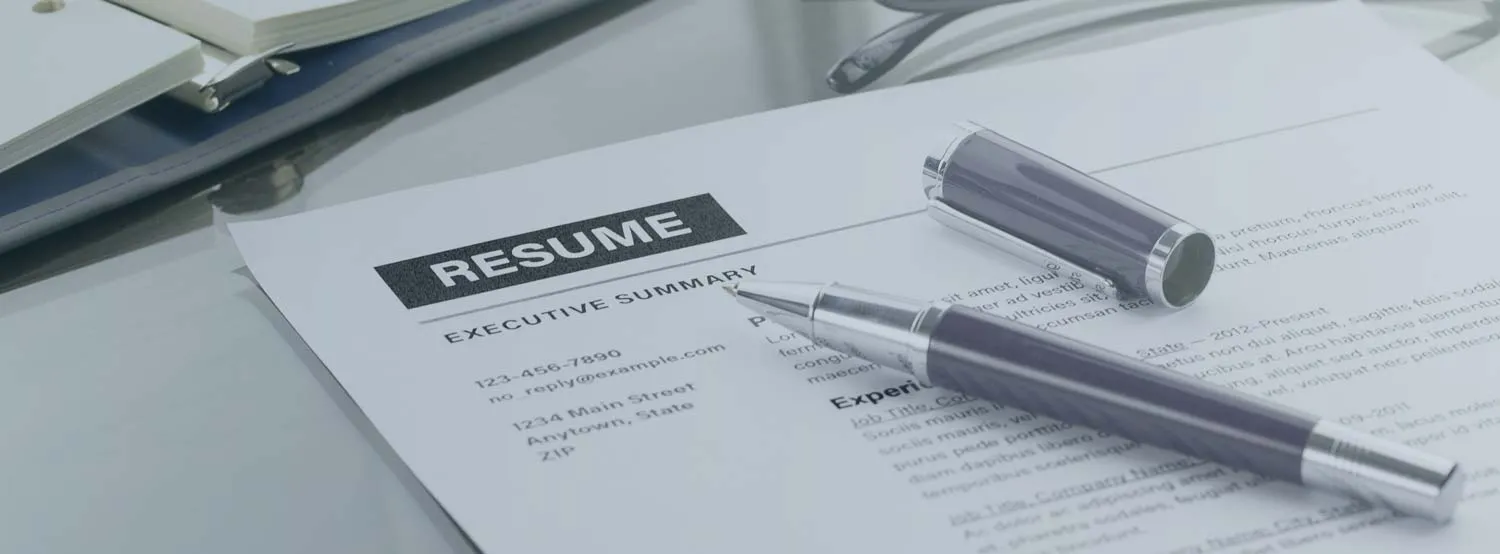Our customers have been hired by*:*Foot Note

Miss Manners famously warns that it’s bad etiquette to discuss sex, money or politics at the dinner table. However, even she can’t control what is said in the workplace.
With a U.S. presidential election quickly approaching, many Americans are bracing for increased political discussions at home and work.
To better understand how political discussions impact people in the workplace, ResumeHelp surveyed 1,000 U.S. workers,
Key findings from ResumeHelp’s Politics in the Workplace Study:
- More than half (51%) of workers say they never or rarely discuss politics at work.
- 45% have regretted having political discussions at work.
- 23% of people have decided not to apply to a company’s job listing because of the company’s political stance.
- 25% have left or wanted to leave their job because of their boss’s political beliefs.
- 51% believe workplace political discussions hurt the work environment.
- 57% of women reported feeling a negative impact from talking politics at work compared to 44% of men.
- People younger than 45 are more likely and more comfortable talking about politics in the workplace.
Let’s dive in.
45% have regretted having political discussions at work. Even for those who aren’t living with regrets of past conversations, political talks in the workplace can be dicey. Fifty-one percent believe that discussing politics at work negatively impacts the overall work environment, and 24% think the upcoming U.S. presidential election will make their workplace more uncomfortable.
“These findings suggest that political discussions at work can have a negative impact on employees’ experience in their workplace,” said Maria Correa, a career expert at ResumeHelp.
“Additionally, when workers disagree with a company’s political position or with their boss’ political affiliation, it can impact not just morale but also retention and a company’s ability to recruit and hire,” Correa concluded.
Build my resumePolitics can have a negative impact on hiring
A company’s politics can influence the types of candidates who apply for its open roles—in fact, nearly a quarter of those surveys indicated that they have decided against applying for a job because of the political stance of the company.
Here’s how the numbers break down:
- 23% of people have decided not to apply to a company’s job listing because of the company’s political stance.
- 10% of people have chosen not to apply for a job because of a company’s politics on more than one occasion.
Retention can be impacted by political conversations, too
The data shows that bosses and politics don’t mix. Political discussions in the workplace can create an undesirable climate for some workers, especially when it comes from the top. In some cases, this can lead to resignations.
Here’s what the data shows about how politics can impact retention:
- 37% of workers know their current bosses’ political affiliation.
- 59% believe their manager’s political beliefs influence their management style and/or decisions.
- 25% have either left a job or wanted to leave their job because of their boss’s political beliefs.
- Specifically, 13% have left one or more jobs because of their boss’ political beliefs
- Another 12% have wanted to leave their job for this same reason
Workplace political discussions more negatively impact women
There are some differences between how men and women experience political talks in the workplace. As a group, women feel more negatively about them.
While 51% of all people surveyed believe that talking about politics at work negatively impacts the overall work environment, a higher percentage of those people were women.
Here are some interesting data points on the gender differences:
- 57% of women reported feeling that political discussions impacted the workplace negatively, while only 44% of men reported feeling the same way.
- Overall, only 24% say it has a positive impact, and the other 26% say it does not impact the workplace atmosphere.
- However, a higher percentage of men (32%) feel that talking about politics at work had a positive impact at nearly double the rate of female workers (17%).
Age factors into a worker’s comfort level, as well
More than half (51%) of workers say that they never or rarely discuss politics at work, but the data shows that a person’s comfort level with these discussions varies with age.
People under 45 report discussing politics at work more than those older than 45. Specifically, respondents aged 35-44 are the most likely to talk politics at work (60%), followed by 58% of those aged 25-34.
Here is the data on respondents who say they sometimes or frequently talk politics at work by age group:
- 18-24: 36%
- 25-34: 58%
- 35-44: 60%
- 45-54: 41%
- >54: 40%
Older workers are also more likely to feel that political discussions create discomfort in the workplace than younger workers.
Here is the breakdown by age group of those who reported being “comfortable” or “very comfortable” with political discussions in the workplace:
- 18-24: 34%
- 25-34: 43%
- 35-44: 50%
- 45-54: 31%
- >54: 31%
Survey Methodology
The results were gathered through a survey conducted on January 22, 2024, involving 1,000 respondents in the U.S. via the Pollfish survey platform. The survey included questions about people’s level of comfort discussing politics in the workplace through yes/no questions and scale-based questions relating to levels of agreement with a statement.





